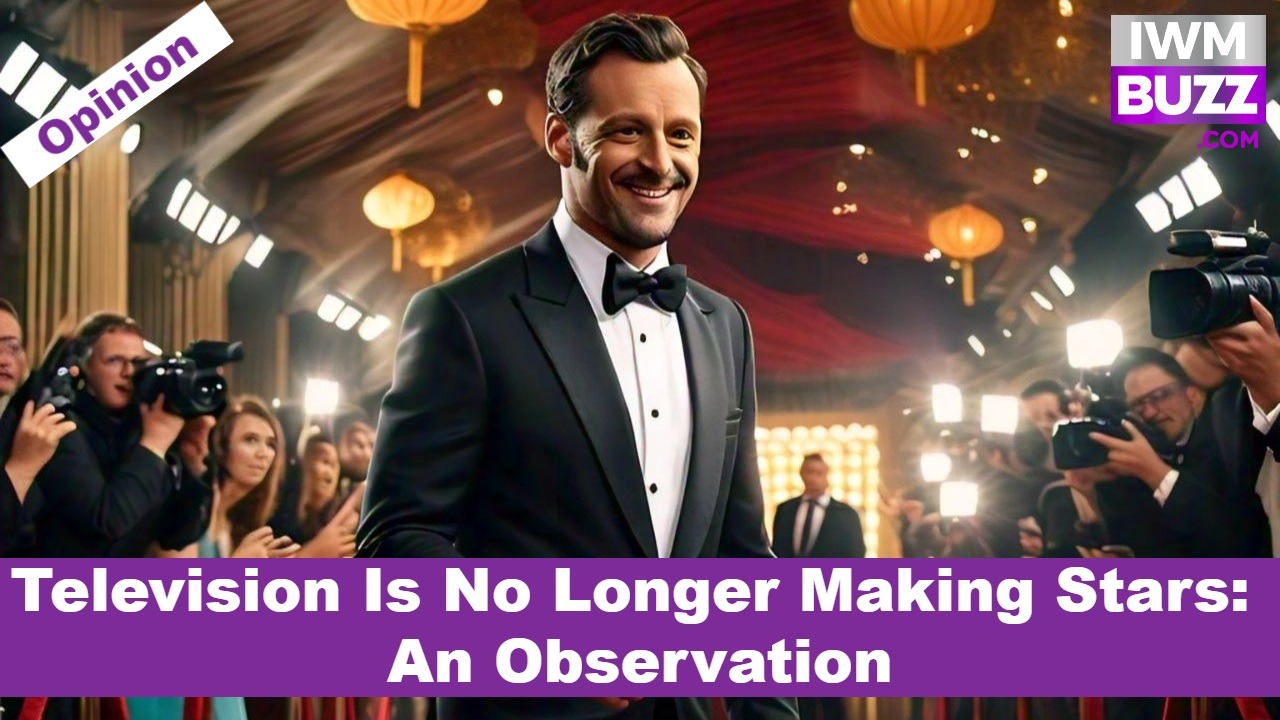Over the years, Hindi television has showcased numerous talented performers who have captivated audiences with their exceptional acting skills. Prime time slots on Hindi television used to be synonymous with success, and we have witnessed the rise of stars such as Ronit Roy, Ram Kapoor, Rajeev Khandelwal, Gautam Rode, Barun Sobti, Harshad Chopda, Shaheer Sheikh, Vivian Dsena, Ashish Sharma, Sushant Singh Rajput, Nakuul Mehta, Hiten Tejwani, Gurmeet Choudhary, Karan Patel, Shabir Ahluwalia, Rajat Tokas, Hussain Kuwajerwala, Rahil Azam, Sharad Malhotra, Ravi Dubey, Mohit Malik, Anas Rashid, Apurva Agnihotri, Cezanne Khan, Dheeraj Dhoopar, Karan V Grover, Eijaz Khan, Sidharth Shukla, Arjun Bijlani, Arhaan Behl, Gaurav Khanna, Karan Wahi, and several others. These actors have not only excelled in their craft but have also garnered immense love and admiration from fans across the globe.
In recent years, there has been a noticeable decline in the transformation of talented actors into prominent ‘star’ figures in the Hindi television industry. The emergence of actors such as Mohsin Khan, Sudhanshu Pandey, Parth Samthaan, Shivin Narang, Neil Bhatt, Kanwar Dhillon, Rohit Purohit and a few others are the most recent names that we can recall. It is evident that the Hindi television industry has not produced a significant star in the past few years, leading to questions about the reasons behind this phenomenon.
The level of viewer engagement provided by contemporary television shows is significantly lower than that of the golden age of Hindi television. There are numerous reasons for this decline. Firstly, many shows lack the ability to sustain a long-term presence. Some are prematurely discontinued within just two or three months of their launch.
The storylines often feel redundant and tend to follow familiar patterns, even though the shows may start off with different branding. This lack of originality doesn’t give the audience a compelling reason to continue watching.
When TV has had diverse and innovative shows made, they struggle to achieve high ratings that would ensure their longevity. As a result, new and experimental concepts often fail to resonate with audiences.
The lack of character recall value has contributed to their declining appeal in the shows made recently. Character development plays a crucial role in the storytelling process, and the portrayal of modern heroes as illogical and insensitive over time has diminished their relatability. When characters behave unexpectedly and deviate from their original traits, it becomes challenging for audiences to connect with them.
Television has ushered in a new phase where the emphasis is on selecting attractive celebrities with a strong social media presence, often prioritizing these qualities over their acting abilities. The impact of this shift is noticeable when an actor lacks confidence in their craft. As a result, the admiration and support from dedicated TV viewers towards actors have been constrained. This limited appreciation from fans is also a contributing factor to the newer generation of actors struggling to attain ‘star’ status.
Nowadays, it’s difficult to understand the gruelling and relentless work schedule that television operates under. With numerous TV shows airing every day in a week, the cast and crew have very little time to unwind and recharge for the next day’s work. This lack of personal time for self-care has occasionally led to the final product not being as convincing as it could be.
The television industry needs to reflect on its recent achievements. It seems that television is not launching as many new stars as it did in the past. The recognizable stars of today are mostly established names from years ago. This is a pressing issue that needs to be addressed before it’s too late.












